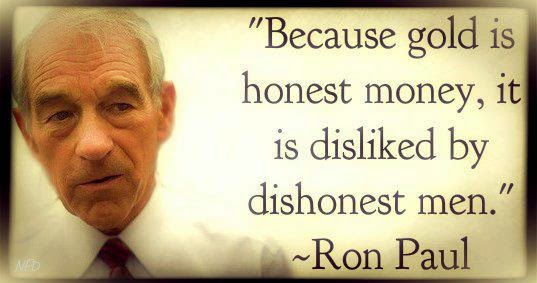Last Friday, Freeport-McMoRan (NYSE:FCX) saw the light at the end of the tunnel for its Indonesian copper woes. Following a six-month export halt due to strict rules implemented in January, the company struck a deal with the Indonesian government to resume shipments of copper concentrate.
The agreement is big news for Freeport and the copper market, and there are several key takeaways for resource investors.
The deal
Reuters reported last Thursday that Indonesia had put out an offer to reduce taxes on concentrate exports in a bid to end a six-month halt of concentrate exports. In line with expectations, Freeport was the first to sign the deal, and with its export permit in place, the company plans to resume operations immediately.
In January, Indonesia set a new 25-percent tax on copper concentrate exports; the percentage was to rise to 60 by 2017 as part of a plan to ban concentrate exports that year and pressure miners to refine concentrate domestically. That tax has now been reduced to just 7.5 percent for Freeport, and will drop further as the company invests in a domestic smelter — the more Freeport spends, the more the tax will be reduced, hitting zero once Freeport invests 30 percent of the smelter cost.
The company will also pay higher royalties for its copper and gold , but Reuters states that Freeport’s deal with the Indonesian government has certainly paved the way for other miners to follow suit.
Freeport Indonesia CEO Rozik Soetjipto told Reuters, “[i]n terms of permitting, everything is OK. We still have to load the ship, and this may take a few days.” Freeport will export 756,000 tonnes of copper concentrate in the second half of 2014.
The company’s shares jumped 1.79 percent on the news on Friday.
The market
It is always wise for investors to keep an eye on what larger miners are up to in commodities spaces. In this case, the news that Freeport is now planning to export roughly three-quarters of a million tonnes of copper concentrate in the second half of 2014 is bound to have some effect on the red metal.
Copper prices have gained in recent weeks, but according to Reuters Africa, prices opened steady on Monday following news of Freeport’s deal with Indonesia.
Prior to Friday’s deal, a North America-based concentrate trader told the news outlet that a restart of exports from Indonesia wouldn’t cause a dramatic increase in global supply. However, he also stated that the news would renew fears of a surplus as “[a] lot of people expected the market to be over-supplied.”
Politics
Also important for investors to note is the fact that the resolution roughly correlates with elections in Indonesia this month. The Associated Press reported last Tuesday that Jakarta Governor Joko Widodo will replace the current president, Susilo Bambang Yudhoyono, in October.
In a Wall Street Journal article from June 5, Ignace Proot, an analyst with Sanford C. Bernstein & Co., notes how important it is for investors to keep track of political changes.
Commenting on Newmont Mining’s (NYSE:NEM) decision to declare force majeure last month, the analyst stated that the company’s timing made sense as “[there would] be a new president in the fall” who might be more mining friendly.
Furthermore, the Indonesian export story represents the importance of paying attention to resource nationalism. The Journal stated on Friday that Freeport’s deal “represents a victory for Indonesia, which has tried to gain greater control of its vast natural resources and milk more in taxes and royalty payments from foreign miners and investors.” As Copper Investing News has previously explored, there are always multiple stakeholders involved, and it is important for investors to keep track of how government interests might affect mining projects.
Honey vs. vinegar
In terms of important factors to look for when investing in a company, management is always a key sticking point. Freeport-McMoRan and Newmont Mining have taken differing approaches to the Indonesian export ban, and their strategies are interesting for investors to note.
Writing for The Motley Fool earlier this month, Rich Duprey referenced the saying that one can “attract more flies with honey than with vinegar” to explain how Freeport and Newmont have approached the issue. While at that point Freeport had managed to reach a memorandum of understanding with the government, Newmont had filed an international arbitration case and was facing an “escalating war of words” with the government.
Duprey favors Freeport’s approach. However, he also said that “there are reasons why the two miners have likely chosen different courses of action.”A mere 6 percent of Newmont’s annual production comes from Indonesia, while Freeport depends on the island nation for 20 percent — a much more substantial consideration.
In any case, the Indonesian export ban story certainly illustrates the importance of gaining an understanding of multiple stakeholder interests when investing in the resource sector.
At close of day on Friday, Freeport’s stock was slightly up, having gained 1.23 percent to trade at $37.99.
By Teresa Matich+ - Exclusive to Copper Investing News







